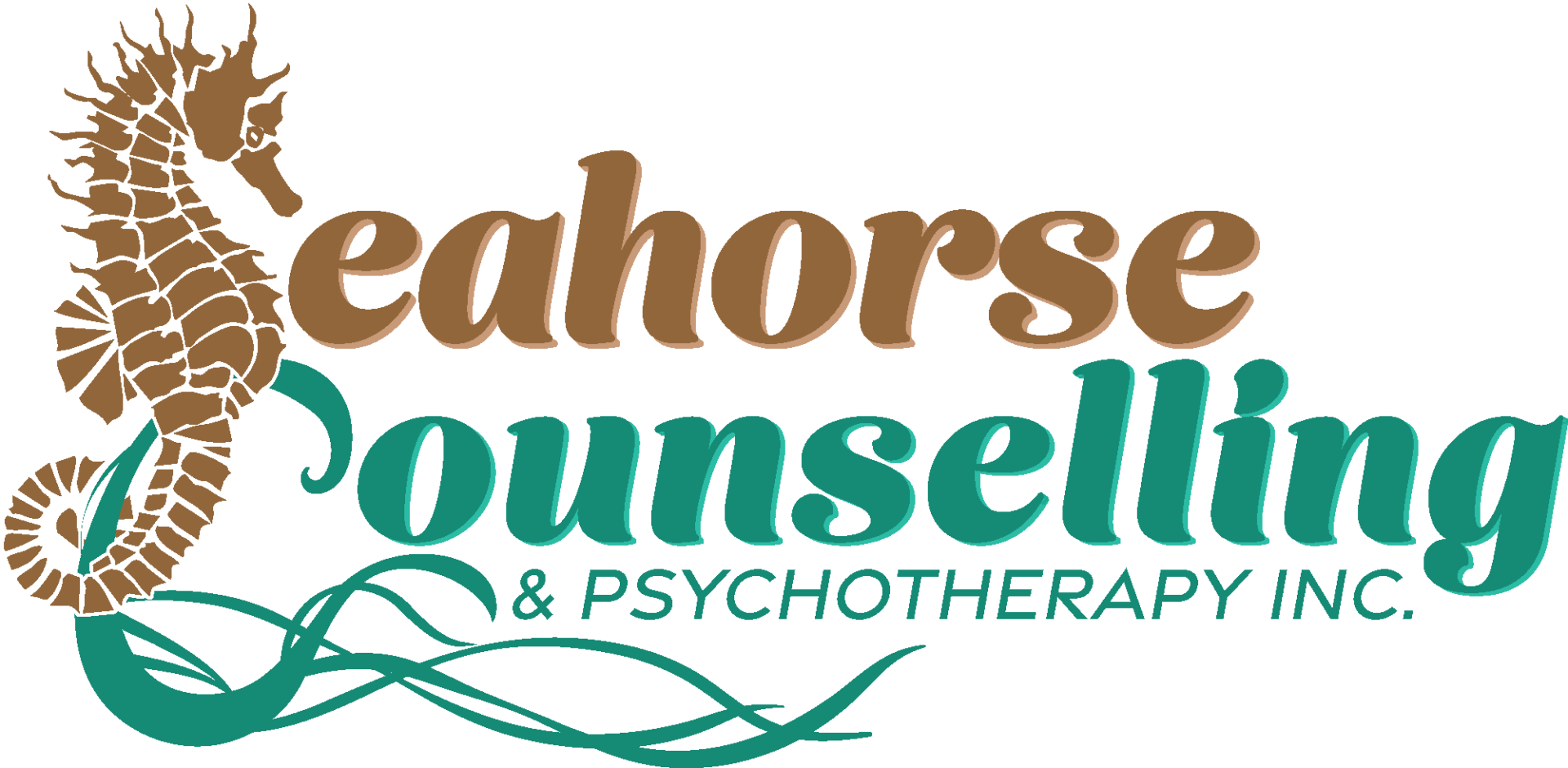With Matt O’Donnell
Many therapists will tell you they don’t enjoy working with couples – the intensity, the reactivity, the same fights on repeat. I love it. Why? Because I’ve witnessed something miraculous happen when couples learn to stay connected through conflict instead of running from it. Not resolving the fight, but staying present with each other within it. The very thing that was tearing them apart becomes the doorway to deeper intimacy. But this requires slowing down. Way down. And that’s where the work begins.
Here’s what’s really happening beneath the surface arguments about dishes, schedules, or who went where: both partners desperately need to be felt, seen, heard, validated, and appreciated. The fight is usually about this, not the surface issue. What an awful feeling – to not feel connected to our loved one. The person who is supposed to love me most is now my opposition. How confusing to the nervous system! This safe person is now the danger. Anger, terror, betrayal, uncertainty, fear – all swirling together. We fall into our familiar patterns and insecure attachment roles: avoiding, interrogating, defending. Feeling alone in the presence of our partner with all these big feelings.
There’s a split second – a critical moment – between one partner sharing their pain and the other partner’s response. This is where couples either spiral into reactivity or deepen into connection. When I see defensiveness rising, I’ll often hold up my hands as if protecting my face from a blow. “What are we protecting when we’re defensive?” Something precious. Something delicate and valuable. So let’s bring the focus here – share what is your pain and fear. This can be done without blaming. And this is the critical moment! This is where individuals go wrong. They jump on what was said and get reactive, defensive, all based on the meaning they’re attaching. This is when we slow down. “What are you feeling right now in your body? Where in your body?” Breathe. Drawing from Compassionate Inquiry, I facilitate the authentic discovery process of the vulnerable self, which naturally invites compassion – as opposed to the adaptive self or armor one wears when being defensive.
Here’s the real magic, and what most couples don’t realize is possible: we can practice validating the emotional experience without having to accept the story they’re telling. Using Compassionate Inquiry, once we learn to separate our feelings from thoughts and get curious about the meaning we attach to things, we can get to the appreciating and validating. You can honor your partner’s pain without agreeing with their interpretation of what happened. This changes everything. What Sue Johnson calls working at “the leading edge” – where we can access emotion AND take accountability. Vulnerable and grounded – this is an ideal place to be, and I share this with my clients.
I like to set the goal of remaining connected within conflict. We can do this by eliciting the present moment and the nervous system – us, together, with the discomfort of the moment, yet able to recognize the window of tolerance or the capacity to feel it and appreciate the pain of the one we love. When we reach the edge of capacity – when people get overwhelmed, go numb, tap out – I establish resources that individuals can access together. Maybe we’re reminded of common ground: tender animals, places, experiences that bring up warmth (even just a little). A gentle touch on a knee or shoulder can be invited – even when reluctant, this simple touch can be transformative. And of course, good old breath. Bring awareness to the process of inhale and exhale, encourage a body scan, maybe we make a sound all together.
Drawing from Internal Family Systems, naming parts and how the couple’s parts interact can be extremely helpful. What I find so powerful with IFS is how we can unblend how the individual conceives of themselves. We can name a variety of parts that most people experience to different degrees: a lazy part, a jealous part, an angry part. This helps unmask the adaptive parts that protect the authentic self who, more often than not, has experienced pain beyond their capacity to feel, which manifests as developmental trauma. We are wounded in a relationship and we can heal in a relationship. Even if things end in going separate ways, couples can learn to recognize unhealthy patterns and reflect on how they choose to show up in future relationships. Doing relational work can be extremely challenging and equally rewarding.





